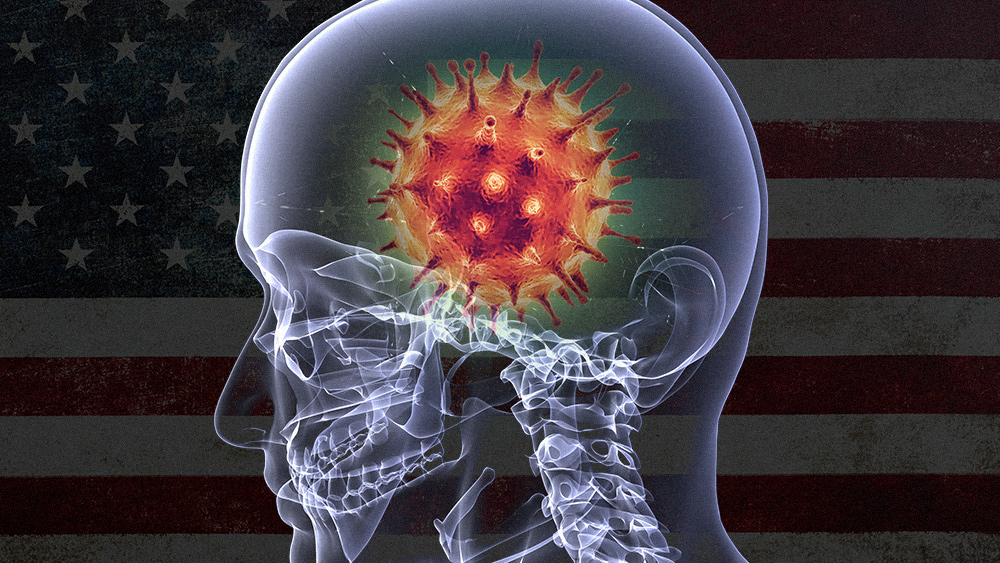
The report shows that single people are more likely to develop dementia once they reach a certain age because they are more likely to be depressed and suffer from heart issues.
“We know depression and heart disease are risk factors for dementia. And loneliness had similar strength of association as the heart disease risk factors. We are social creatures and reduction of stress through social support may be more important than previously thought,” Professor Eef Hogervorst of Loughborough University in England says.
Married people, on the other hand, are more likely to live longer and happier lives because their partners have concern over their well-being and health, and encourage healthy activities.
“It might be because married men have healthier lifestyles – better diets, less alcohol, less smoking, and earlier health services visits,” Hogervorst adds. “It could be that married couples will try to cope with dementia symptoms before health services are involved.”
The study, which observed the lives of 6,677 individuals between the ages of 52 and 90 for six years, was published in the Journals of Gerontology. It showed that 220 of the participants went on to develop dementia.
This new study supports previous research which has found various connections between loneliness and dementia. A study that was published in November 2016 stated that people who had high levels of a specific kind of protein in their brain that supposedly caused Alzheimer's disease were almost 80 times more prone to feel isolated.
Currently, there are around 47.5 million people in the world who have dementia – most of them have Alzheimer's, the most common form of dementia there is. There is no known cure for dementia. (Related: Dementia and Alzheimer's disease overtake heart disease as the leading cause of death in America.)
A study that was done in early September of 2017 showed that we could tell if an elderly person is exhibiting signs of early dementia if he or she is making minimal errors while carrying out everyday tasks.
Depression and how it contributes to an unhealthy life
A new research has found that depression may not be a single disorder or symptom but a whole group of separate syndromes. Researchers from New Zealand have identified 12 sub-types of depression that can ultimately help the 14.3 percent of New Zealand adults who were diagnosed with depression according to British charity Mental Health Foundation.
According to the researchers, the 12 sub-types based on evolutionary psychiatry are:
- Infection, in which the loss of the ability to fight disease-causing bacteria and parasites may result in sleep disturbances, anhedonia or the inability to feel pleasure, impaired concentration, and lack of appetite;
- Events such as exclusion from a social group, bullying at school, professional hiearchy, or unemployment may trigger a depressive episode;
- Postnatal period, which results in depression in 10 to 15 percent of women;
- The changing of the season: seasonal affective disorder affects people every year;
- Long-term stress which is known to make the immune system work overtime, causing an increase in pro-inflammatory cytokine levels that can vastly affect mood;
- Loneliness;
- Traumatic experience;
- Grief;
- Romantic rejection or breakup of a relationship;
- Chemicals such as alochol and cocaine;
- Somatic diseases such as epilepsy, Alzheimer's disease, migraine, Parkinson's disease, stroke, and traumatic brain injury; and
- Starvation, which is known to darken the mood and lead to apathy and social withdrawal.
Markus J. Rantala, adjunct professor from the University of Turku in Finland, says the identification of the 12 sub-types would make it easier to treat depression. “This is because the focus will be on treating the underlying reasons of depression instead of merely focusing on the symptoms, which is how traditional psychiatry treats depression,” he says.
“We argue that the occurrence of symptoms, or patterns of symptoms, depends on the sub-type of the depressive episode. The particular manifestation of depressive symptoms may have more to do with what triggered the depression than the personality of the patient,” Rantala adds.
The researchers believe that their system looks at the bigger picture of the patients' long-term mental and physical well-being rather than merely addressing short-term symptoms of the disorder.
Sources include:
Please contact us for more information.























